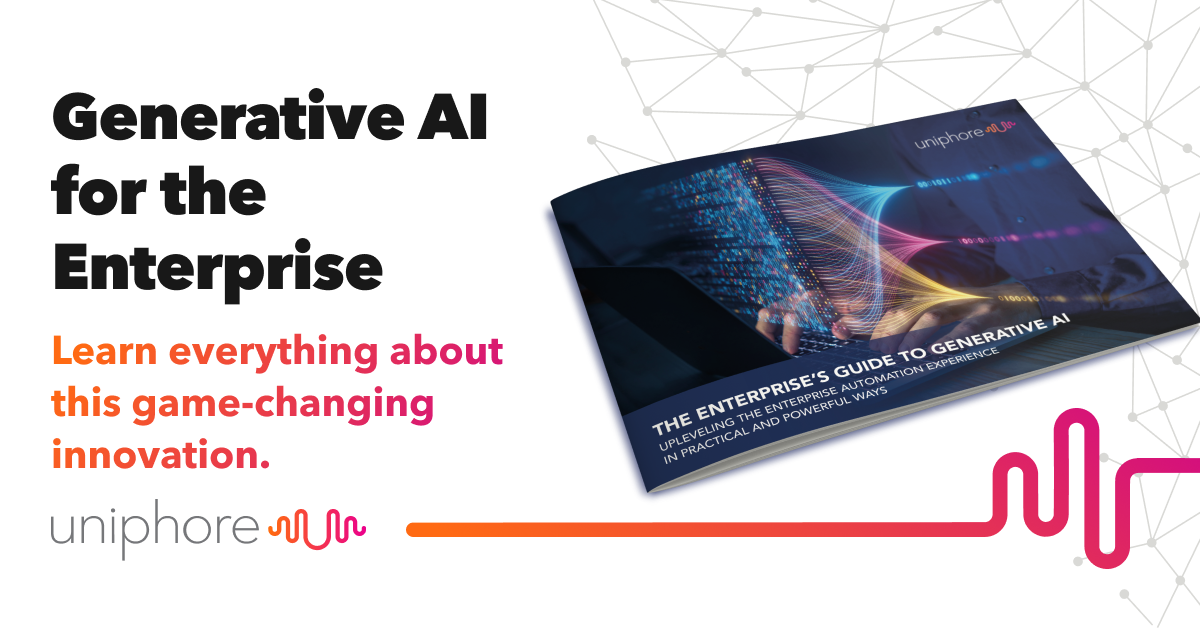At this year’s VAS Asia Conference in Delhi, excitement was all around. The Indian Mobile VAS market is growing fast, expected to reach Rs 26,000 crore by the end of 2012 and Rs 33,280 crore by 2013. However, in India, conventional MVAS services like Astrology, Bollywood, Cricket scores and Ringtones dominate the market, with 63% share. Despite a wide variety of offerings, productivity and livelihood-enhancing applications have yet take off. Speaker after speaker emphasized the need for more sophisticated, personalized products that will actually enhance the quality of life of the customer.
The limited success of VAS services like mHealth and mEducation is alarming for two reasons. First, vast portions of the Indian population lack access to quality institutions like schools and hospitals. While access to educational content through the mobile phones could never replace these institutions, it could substantially enhance user knowledge of a particular topic and expand their opportunity structure. Moreover, given the sheer number of people who lack access to these critical services in India, a huge business opportunity forgone.
Fortunately, GSMA released an exhaustive report on mLearning this week, which offers a ray of hope to VAS providers interested in expanding their services in this domain. In late 2011, researchers went into four emerging markets – Ghana, Morocco, India and Uganda – and asked 1,200 people (aged 15 -24) about their day-to-day lives, their ambitions, their education, the way they use mobile now and how mobile could help them achieve their aspirations in the future. Several important findings emerged:
- The majority of the young people surveyed see education as the crucial foundation for a career
- Mobile is an established and increasingly important part of life for young people in emerging economies
- Although smartphones and data enabled devices are beginning to make an impact in emerging markets, voice calls remain the most used and favoured service: 85% of young mobile users made voice calls every day, and 67% of respondents believed that calls would be the most desirable method for receiving content such as educational information.
- 63% of youths surveyed believed that they could learn through even a basic mobile device.
- 39% of respondents were most interested in mLearning services, which would develop their professional skills, while 27% were most interested in language lessons.
These findings make it clear that mLearning has a crucial role to play in improving the education and life prospects of young people in emerging markets. However, given the enthusiasm for learning over the mobile channel, it seems strange that, till date, no livelihood-enhancing VAS products have penetrated the Indian masses.
Our assessment of the mLearning landscape in India attributes this disappointment to the lack of voice-based mLearning products available over feature phones. While the study reveals that 67% of Indian youth believed that calls would be the most desirable method for receiving educational content, the vast majority of mLearning VAS offerings today use SMS or GPRS. In addition to voice being the preferred channel of most youth, it is also the only channel that lets largely illiterate populations access educational services using the languages and dialects prevalent in different rural regions. Furthermore, Interactive voice response (IVR) and Speech Recognition technology can absorb users in a conversation, as opposed to a unidirectional SMS. This interactivity enables dynamic feedback critical to genuine, engaged learning.
Liqvid, India’s fastest growing eLearning content solutions company, uses Uniphore’s speech technology to deliver language training across geographies in India. In the “Interview Preparation” module, users are asked a series of common interview questions, then receive a dynamic response, commenting on both the appropriateness of their response as well as the accuracy of their accent. Students feel as if they are engaging with a personal tutor, and they love the freedom of being able to call the system at their convenience to have a personal learning conversation. Liqvid has thus reported enormous satisfaction with the high demand of the product, and the fast scale of its reach across the country. We believe that when VAS providers in India adopt voice as a channel for their mLearning solutions, they too will achieve the same successes – expanding their offering to more meaningful and life-changing products for the Indian masses.
About Uniphore: Uniphore Technologies Inc is the leader in Multi lingual speech-based software solutions. Uniphore’s solutions allow any machine to understand and respond to natural human speech, thus enabling humans to use the most natural of communication modes, speech, to engage and instruct machines. Uniphore operates from its corporate headquarters at IIT Madras Research Park, Chennai, India and has sales offices in Middle East (Dubai, UAE) as well as in Manila, Philippines.
